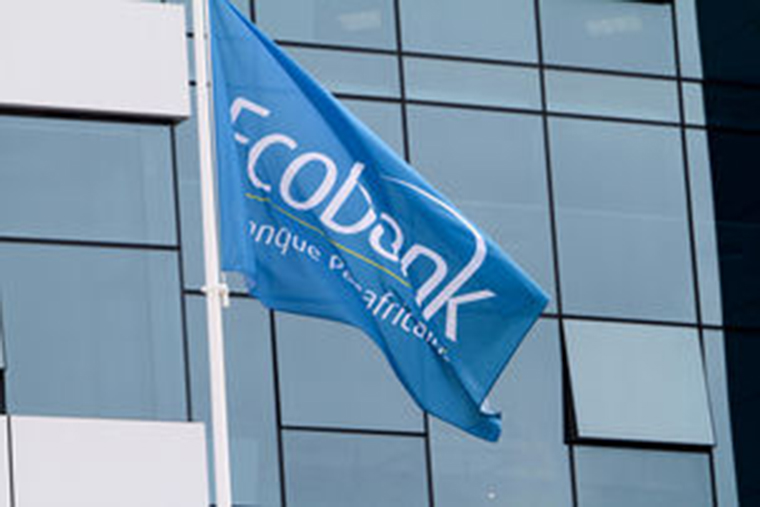Published: November 14, 2014
Nigerian arm of pan-African bank secures US$150mn from seven lenders.
Ecobank Nigeria, a subsidiary of the pan-African banking group, has raised its first syndicated loan, securing US$150mn from seven lenders.
The bank, which has US$10bn in assets, raised the one-year money to lend to clients in the oil and gas industry. The pricing of the loan hasn’t been disclosed.
The loan follows a US$200mn eurobond from the bank earlier this year. Speaking to EMEA Finance in London shortly before this latest deal was announced, Ecobank Nigeria managing director Jibril Aku said both transactions were driven by the need to have longer-term funding available for corporate clients.
“Our onshore dollar deposits are short term in nature, so that drove our interest first in the eurobond,” Aku says. “The reaction to that was very positive – there are investors still asking if we can reissue and resize it. Then we started talking to correspondent banks about a syndicated loan to continue supporting that funding side of the balance sheet, and that drove this deal. We’re happy with the response and the number of correspondent banks that showed interest.”
The deal was led by Commerzbank, First Gulf Bank, Mashreqbank and Standard Chartered Bank as bookrunners and mandated lead arrangers (MLAs). British Arab Commercial Bank and BMCE Bank International joined the facility as MLAs, while Commercial Bank of Qatar was lead arranger.
Aku says that the bank could issue a senior bond or raise another syndicated loan in the near term. If the bank returns to the loan market, Charles Corbett, Standard Chartered’s head of loan syndications for Africa, is confident that it will be welcomed by financiers.
“It was always our belief that Ecobank’s reputation across Africa was going to produce a very good result,” Corbett tells EMEA Finance of this latest loan. “I think that what we see here is a fraction of the appetite we could have found for the transaction had we gone out to more banks. But Ecobank has been prudent. They came to the market at a very opportune moment. They took a one-year financing as their entrance to the syndicated loan market, which is a sensible approach to build up a reputation step by step. And were they to come to the market again, we see this as a strong base for a more public, widespread issuance.”


